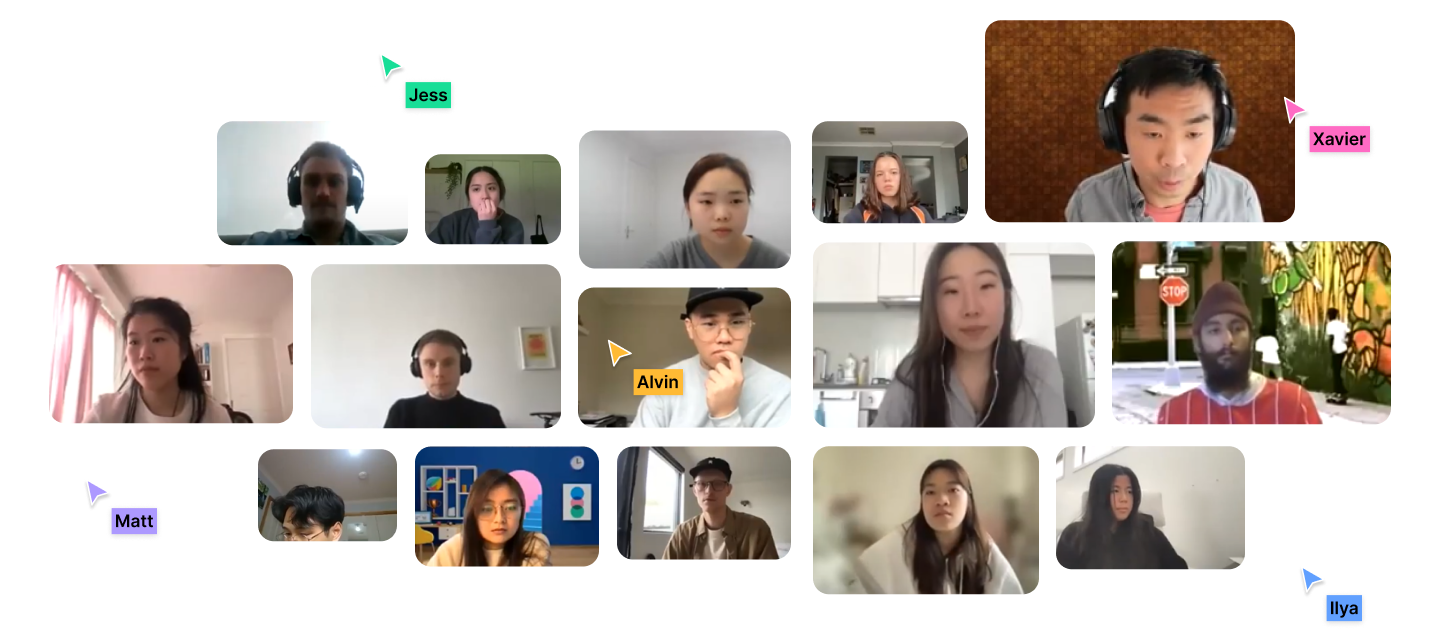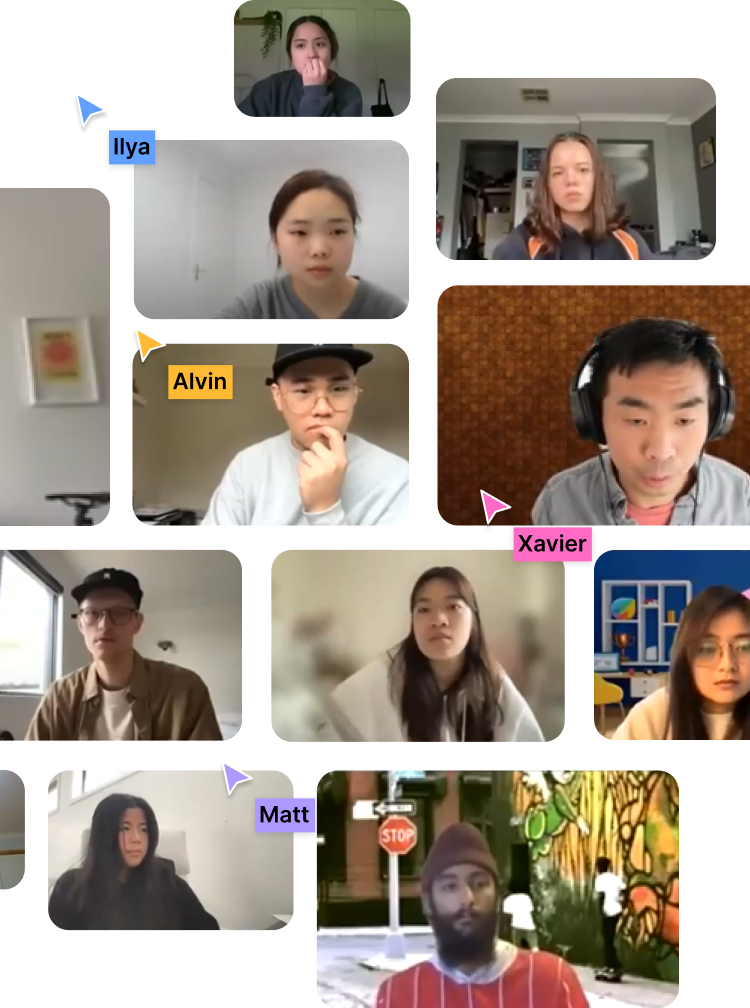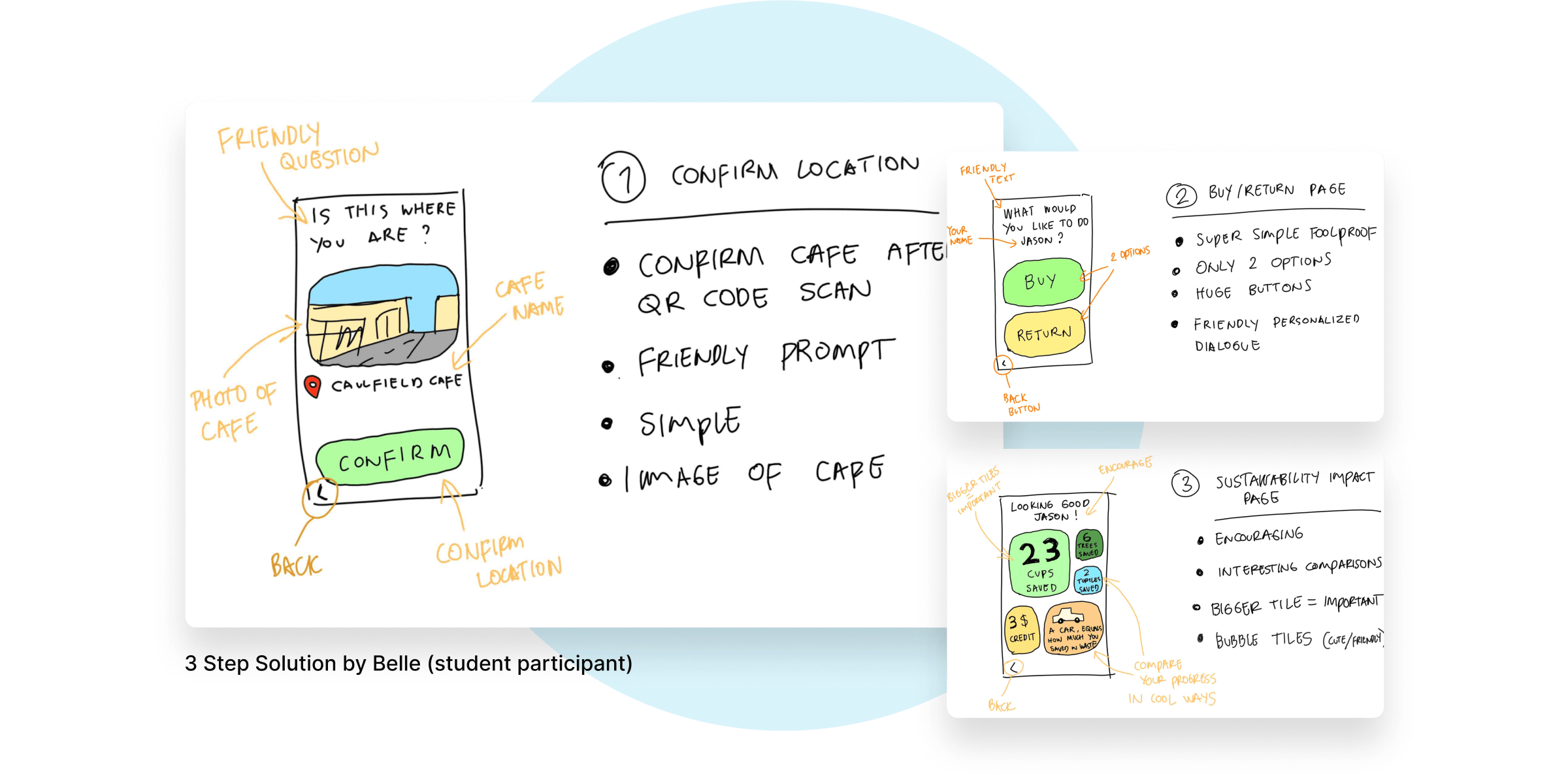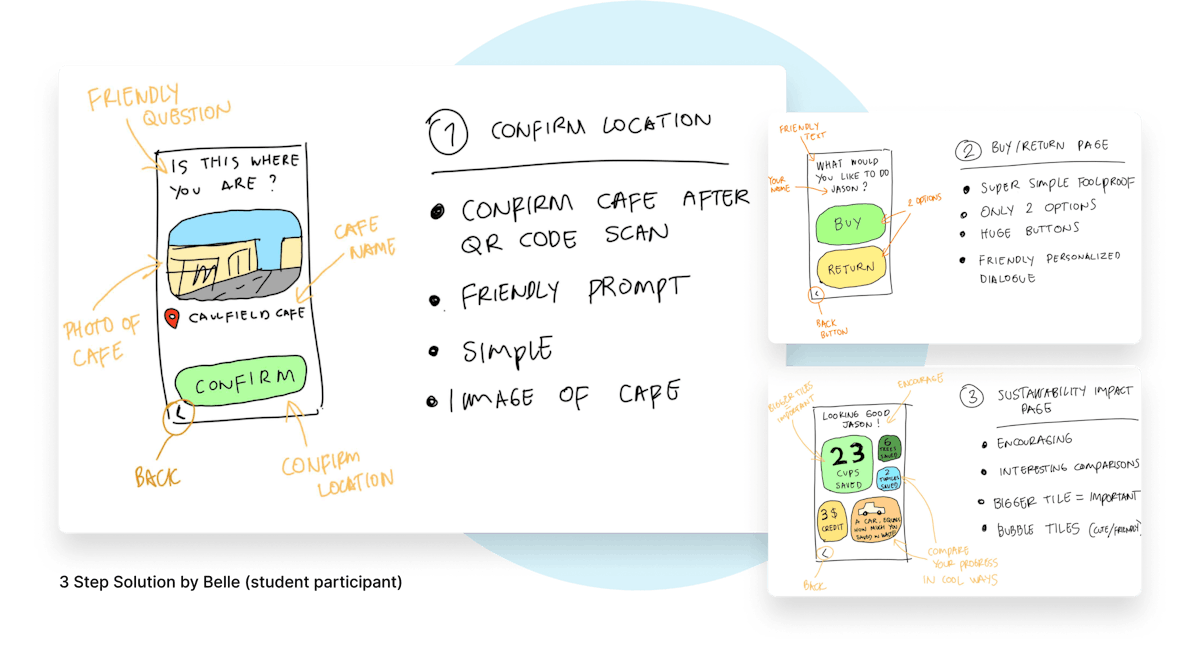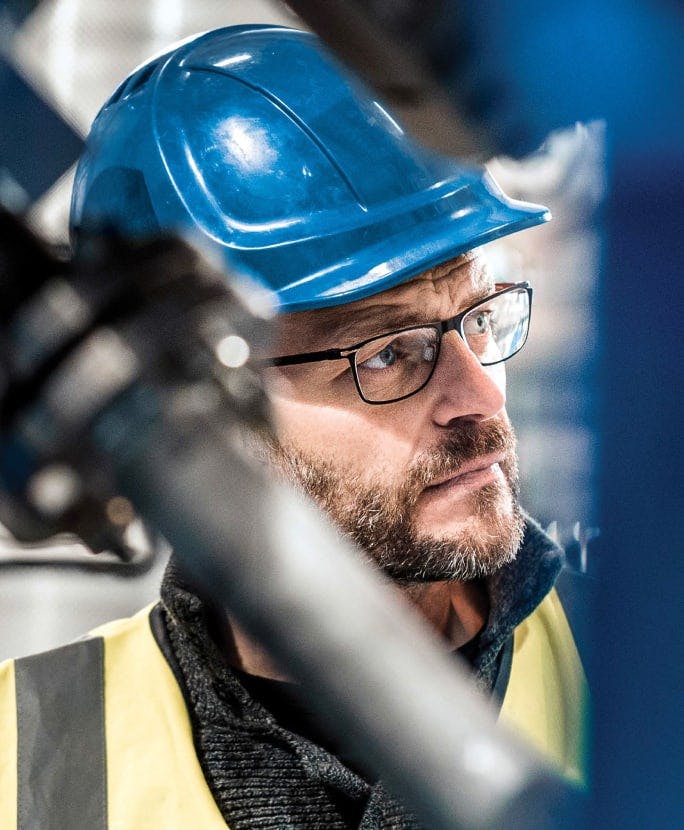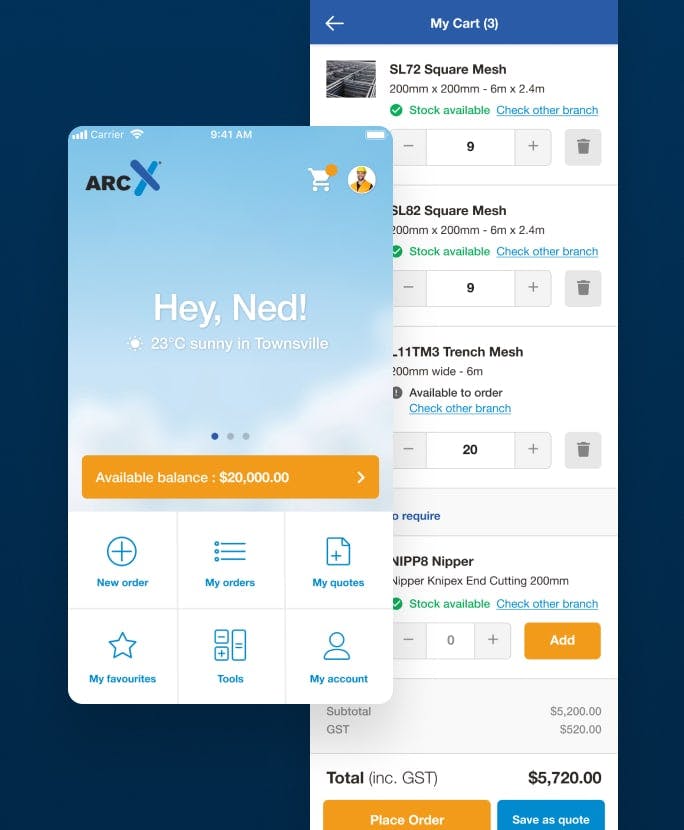Aligned with the goal to teach students how to think like a designer that is able to solve complex problems with curiosity, agility, experimentation, and creativity - Relab was invited to facilitate a rapid 2-Day Design Sprint workshop that empowers young designers to take advantage of their creative freedom and apply them to real world problems. The event was open to any Monash Design students who are keen to specialise in Service Design, Product Design and UX Design as a career pathway.
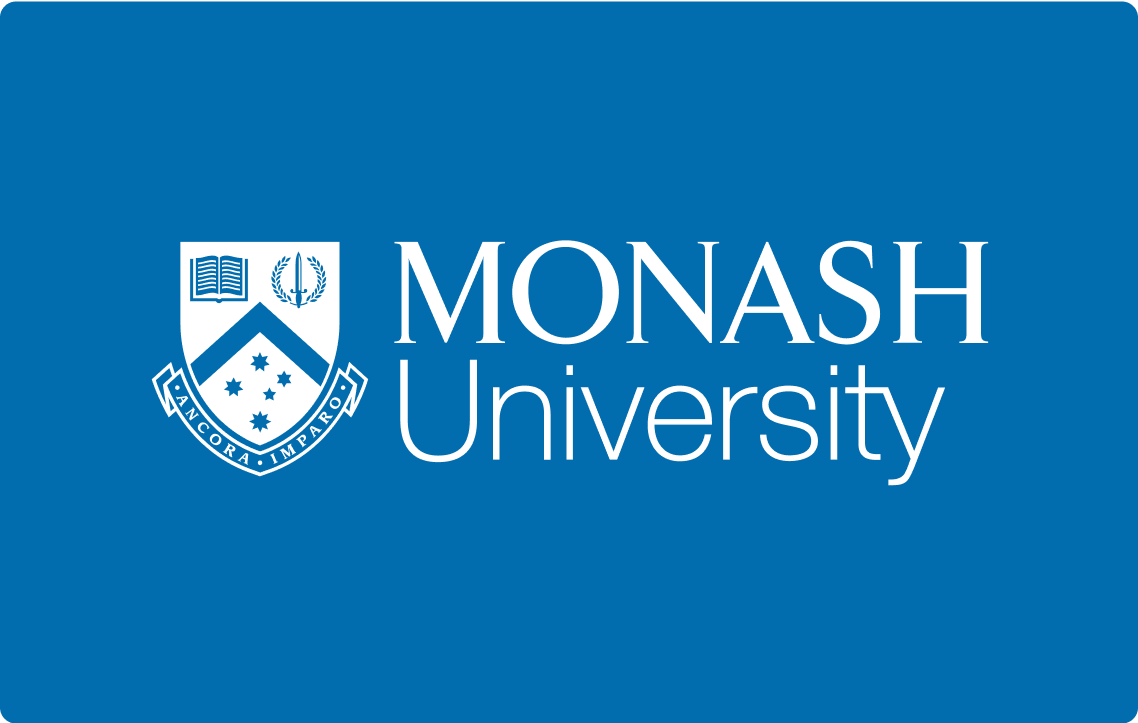
Monash University Design school is ranked in the Top 1% globally for Art, Design and Architecture - aspiring to make a positive difference through innovative design solutions.
Applying real world and practical Design Thinking principles that delivers high value outcomes within a short period of time.
In the world of Design Thinking, the Design Sprint process is a proven method that works well for rapid, collaborative problem solving. With the time-bound, 2-day event we have on hand - aspects of the Design Sprint methodology is the perfect way to introduce students to a strategic design process that will bring so much value in their future career and experience as designers. The process teaches them how to prioritise and break down work into manageable chunks based on area of focus or importance.
To provide real world scenarios, we provided guided materials and timeframes that enables the participants the ability to plan over a period of time. We designed a workshop agenda that allows for pre-sprint and post-sprint activities in addition to the collaborative 2-Day Design Sprint workshop itself. Students were encouraged to commit at least 3 hours per week, over 4 weeks to get the full benefit of the program and learn the industry standards that sets them up for a win on their future career pathways.
Themes & Challenges
As part of the pre-workshop, students were asked to select a challenge they to solve. Upon selection, students were provided with guided worksheets that allows them to start thinking about the goals, user personas and their general experience in the current state of the problem.
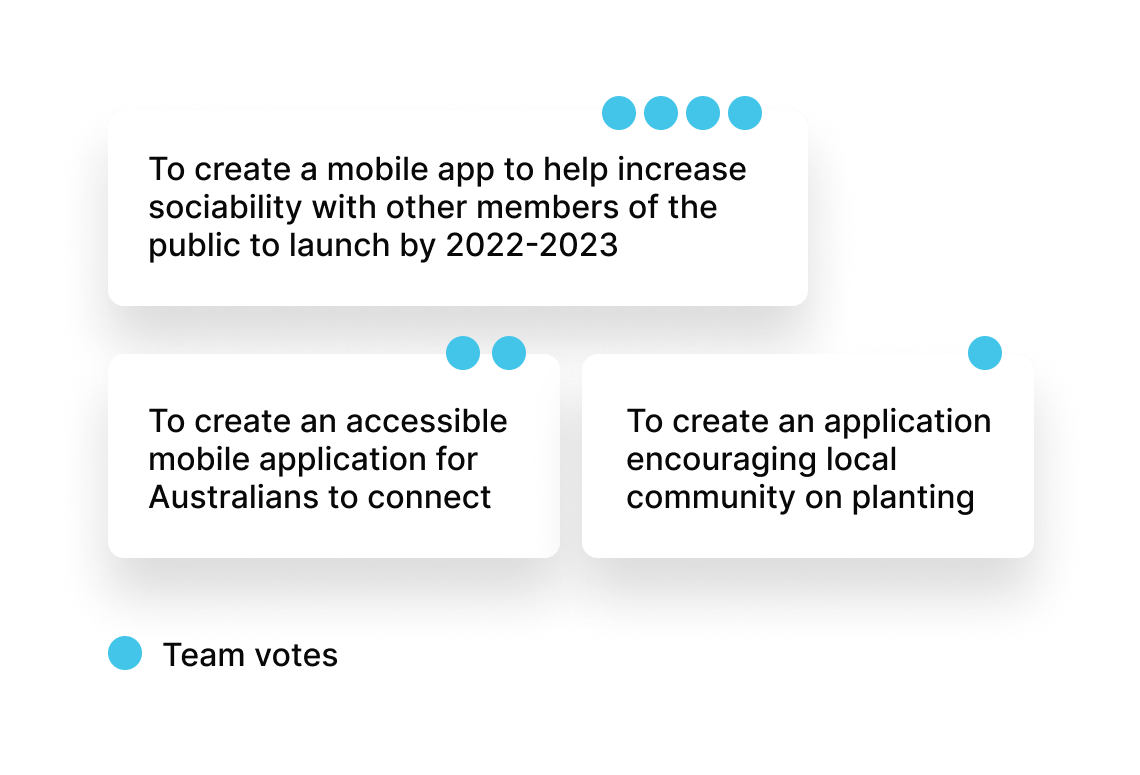
Identify the challenge and align the team's vision
Small teams of 3-5 are formed based on the challenges they wish to solve. With the help of mentors and facilitators from Relab and Monash, teams aligned their vision and came up with a User Journey Map as a guiding compass to their unique solutions.
Ready to craft the perfect blueprint for your project?
Let's discuss your needs and explore how we can tailor our solution to best fit you. Schedule a pre-discovery call to learn more.
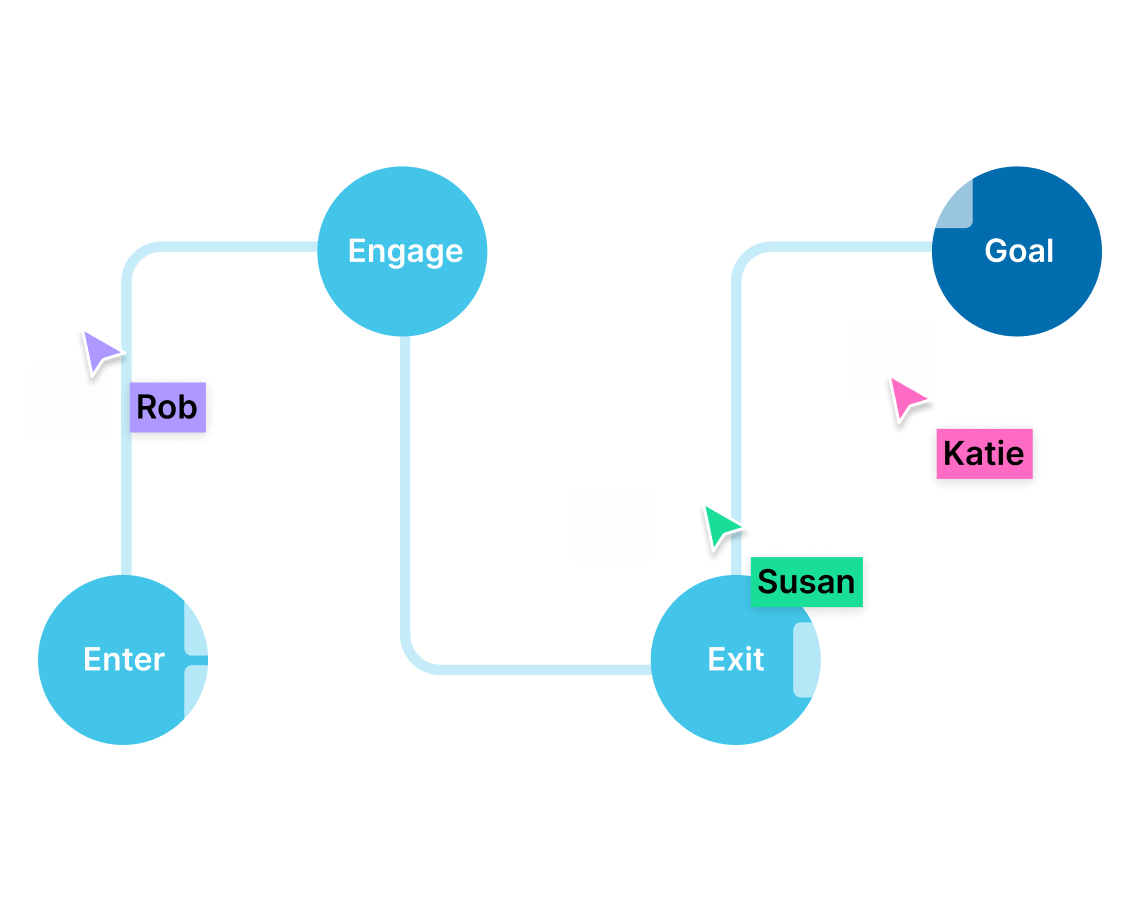
Brainstorm and package ideas into easy-to-digest visual concepts
Consistent to each of their defined goals and user journey maps – teams brainstormed solutions and shared their ideas in a form of 3 Step Solution concepts, that represents the 3 key experiences or interfaces in their respective designs.
Valuable Takeaways
Giving students a taste of a modern and engaging design process, while highlighting the real value and potential of creative thinking


